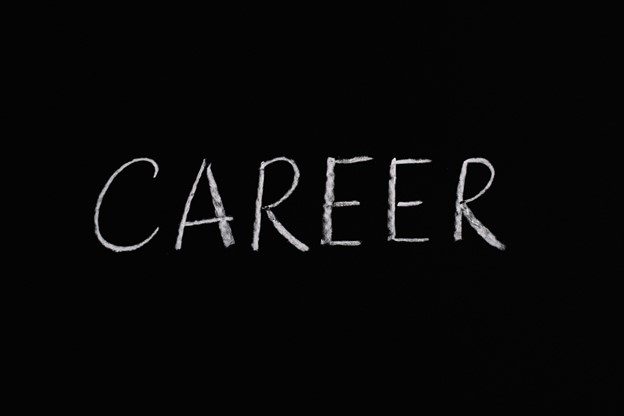Two focuses of my blog are Career Discussions and General Education. Successfully education a population of people is contingent upon a number of factors. Teachers and administrators are not the only necessary ingredients contrary to popular belief. The following contributed post is entitled, 4 Types Of Specialists All Education Institutions Need (Apart From Teachers).
* * *
When we think of schools and colleagues, our minds immediately go to the teachers that are delivering the lessons. Indeed, our teachers do a hard, and in many cases, an often thankless job. Yet, teachers are not the only type of staff that educational institutions need to thrive. Keep reading to discover the other essential personnel.
Psychology and counseling services
One of the most important types of staff in a school, besides teachers, are those that can prompt the mental and emotional well-being of the students. What that means is that educational psychologists, as well as counselors, are a vital part of any school team. Indeed, it is the educational psychologists that can help identify specific learning difficulties and ensure that students get the funding, help, and support they need for them.
While school counselors can provide a more comprehensive pastoral service, supporting students through difficulties in their lives such as grief, depression, and anxiety. Some institutions take this a step further when providing education to teenage girls. Because this age group often feels pressured to conform, look a certain way, and achieve good grades, schools that focus on creating a positive atmosphere for their students are critical in providing emotional support through counseling sessions or one-to-one meetings, creating an environment in which these girls can flourish. Eva Carlston Academy reviews demonstrate its effectiveness.
HR support
In addition to those that can care for the mental well-being of the students, schools will also need specialists in supporting their staff. This task often falls under the remit of the HR team along with a vast array of other responsibilities such as advertising jobs, writing job descriptions, the hiring and interview process, and the disciplinary process.
It is partially important that schools employ non-teaching staff to fill HR roles because the specialists of the two jobs are very different. That is just because you are a good teacher, it does not follow that you will be good at HR, and vice versa. To that end, if you want the human resources side of your educational institution to run as smoothly as possible, you need a team with the training and experience to make this happen.
Specialist IT support
Another highly valuable specialist in the field of education is the IT expert. After all, IT is a major part of every child’s and teacher’s educational experience, and so making sure that they have the software and hardware they need is something that no school can go without.
Indeed, it can be argued that IT support for schools is one of the most important services there is because without it educational institutions are laid open to a wide range of risks from security issues, to inefficient use of teacher and student time. To that end, any educational institution that uses IT must have dedicated and specialist support in place.
Accounting and financial support
Private or public schools need to keep a keen eye on their financial income and outgoings, just like any other organization. Of course, with the educational staff’s time already being taken up with planning lessons, assessment, and teaching, it makes much more sense to employ specialists for this role.
Those specialists can differ from institution to institution but are often known as bursars or accountants. Both of these will deal with incoming invoices, ordering supplies, and making sure the budget is balanced so teaching staff is free to complete their roles.
Family And Community Liaison
This kind of specialist will focus on managing the relationship between parents/guardians and the institution. Other outside support networks will also be involved. They’ll deal with long-term planning as well as crisis communication and difficult conversations.
They may also work with external providers, such as in situations where students transition into environments like therapeutic boarding schools (and out of them). The role keeps everyone and everything aligned. Everyone stays informed and focused on the student’s progression.












